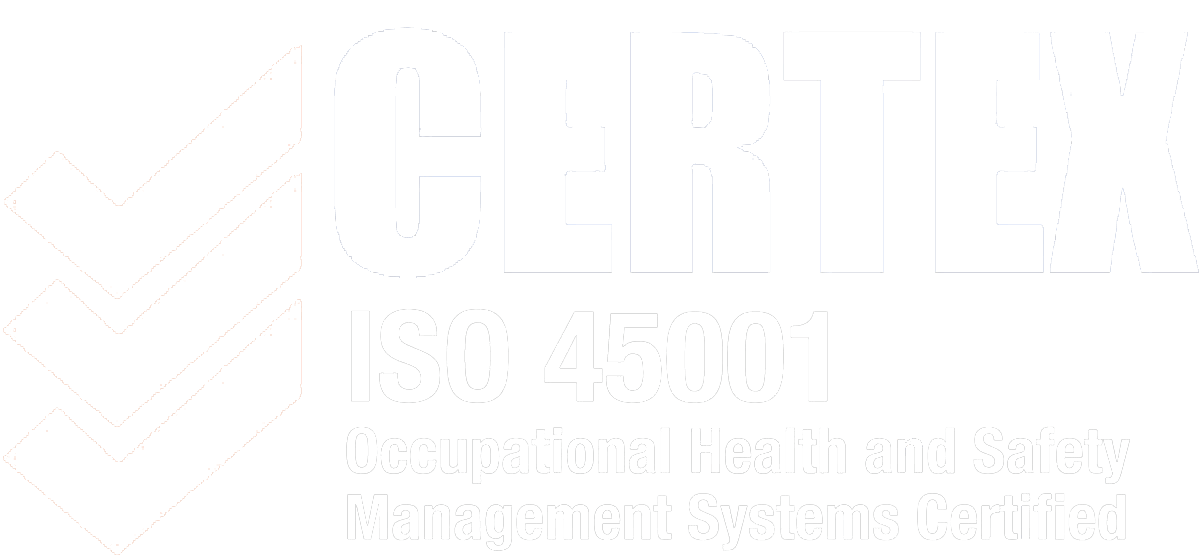How to stand out in a competitive job market.
Standing out in a competitive job market requires a combination of strategic approaches and distinctive qualities. In an environment where numerous job seekers are searching for limited opportunities, it's essential to showcase your unique skills, experiences, and attributes that set you apart from the competition. Whether you are a recent graduate looking to launch your career or a seasoned professional seeking a new challenge, these insights will provide valuable guidance for navigating the intricacies of a fiercely competitive job market.

Addressing knowledge and skill gaps:
In a highly competitive job market, possessing the technical knowledge and industry-specific skills is vital for securing top positions. The first step is to explore your knowledge and skills, identifying areas that require improvement or development. This self-assessment may reveal gaps in project management, presentation abilities, or business writing, among others. Regardless of your specific weaknesses, it is crucial to seek out online programs or alternative methods to enhance your competencies. Your aim is to distinguish yourself and capture the attention of potential employers. Individuals who exhibit versatility and a well-rounded skill set tend to excel. Moreover, confidence during job interviews is enhanced when you are assured of your experience and proficiency.
Building your soft skills to stand out in a competitive job market.
Data from LinkedIn's 2019 Global Talent Trends research report surveyed over 5,000 talent acquisition professionals and managers, which highlighted the significance of soft skills in the hiring process. An astonishing 92% of respondents believe that soft skills are more critical than technical expertise, with 89% attributing bad hiring decisions to the absence of these skills. Soft skills encompass personal attributes, personality traits, social acumen, and communication proficiency, enabling individuals to navigate their work environment, collaborate effectively, excel in their roles, and drive business success. In today's competitive business landscape, these attributes are highly prized by organisations.
What’s the difference between hard skills and soft skills?
Hard skills are job-specific skills acquired through academic qualifications and technical training, while soft skills encompass personal attributes, personality traits and communication abilities. Soft skills empower individuals to navigate their professional surroundings, collaborate efficiently, deliver stellar performance, and drive favorable business outcomes. In the fiercely competitive business world, these attributes hold a pivotal role in an individual's success.
Here are some examples of soft skills to stand out in a competitive job market.
• Effective communication (the capacity to articulate thoughts clearly and with confidence)
• Collaboration and teamwork (crucial for fostering business growth)
• Approachability, friendliness, and kindness (attributes that make you a desirable colleague)
• Reliability and dependability (consistently trustworthy and accountable)
• Proficient time management (efficiently organising and planning tasks)
• Demonstrating professionalism in conduct, behavior, and attitude
• A willingness to embrace continuous learning (openness to acquiring new skills, software, and technology)
• Active listening and comprehension (for building stronger relationships with coworkers, managers, and clients)
• Adaptability and flexibility (the ability to embrace and adapt to change)
The good news is that even if your work experience is limited, you've likely begun developing a valuable collection of soft skills that will serve you well in your future career. The challenge lies in identifying your existing soft skills and recognising areas where you can enhance and refine them.
Strengthen your CV.
Job-related skills can be broadly categorised into two types: hard and soft skills. When listing hard skills on your resume, support them with relevant certificates, degrees, or qualifications to demonstrate your level of expertise. Offer concrete examples of how you've applied these hard skills in contexts relevant to the job you're pursuing. It's crucial to link your skill set with tangible business outcomes, such as achieving a 50% increase in website visitors through a website redesign. In cases where hard skills and experience are evenly matched among candidates, soft skills can tip the balance in your favor.
Many recruiters and HR managers use applicant tracking systems to scan resumes and cover letters for keywords they've included in their job postings. To improve your chances of landing an interview, customise the hard and soft skills on your resume and cover letter for each position you intend to apply for. Your cover letter offers an opportunity to emphasise the skills that make you an ideal fit for the role.
Discover Your Dream Role:
Prioritise bridging any knowledge gaps, strengthening your soft skills, and effectively conveying your personal story. Equipped with this solid foundation, you'll confidently navigate the ever-evolving job market.
Are you on the hunt for your next role? Consider joining the Drake Talent Network, where we regularly share fresh job opportunities tailored to your preferences.
Or take a moment to explore our Job Resource Centre, featuring downloadable CV templates and valuable insights to give you a competitive edge.
Alternatively, you can call 13 14 48 to get started today!
 CA-EN
CA-EN UK
UK AU
AU US
US NZ
NZ PH
PH ZA
ZA SG
SG HK
HK






